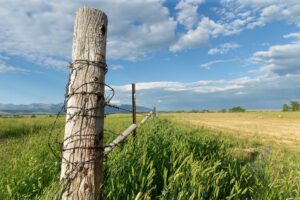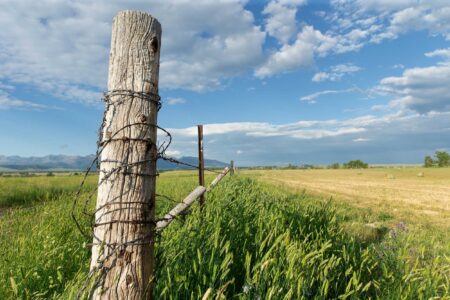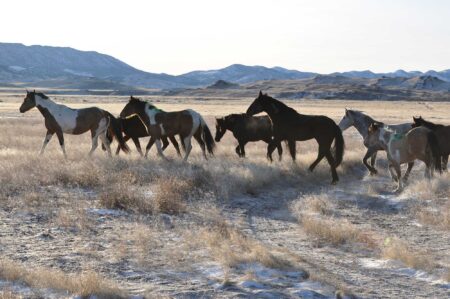By Maximilian Heath
BUENOS AIRES, Jan 3 (Reuters) – A hot, dry austral summer is beginning to cause damage to Argentina’s 2024/25 soybean and corn crops, the country’s two main grains exchanges said on Friday, after abundant spring rains had until recently provided excellent growing conditions.
Argentina is the world’s largest exporter of soybean oil and meal and the third largest exporter of corn, as well as a major wheat supplier. Until a few weeks ago, the Buenos Aires grains exchange (BdeC) had reported virtually no signs of crop damage thanks to wet spring weather.
As summer began in late December, however, it began to see impacts on crops of high temperatures and scarcer rainfall.
The Rosario grains exchange (BCR) said north-east of Buenos Aires province and southern Santa Fe province had seen just 35 millimeters (1.38 inches) of rain in December, well below the monthly historical average of 110 millimeters.
“There is a lot of concern in this sector because water reserves go from scarcity to drought,” analyst Marina Barletta said in the BCR report.
For corn crops, farmed in the southern section of Argentina’s agricultural heartlands, BdeC said that “symptoms of water stress are beginning to be observed, such as yellowing of the basal leaves with possible yield losses.”
Corn farmers have so far planted 87% of 6.6 million hectares (16.3 million acres) of soybean forecast by the BdeC, and 93% of an estimated 18.4 million hectares of soy fields.
For soy, BdeC said that the area of croplands that benefited from “adequate to optimal” water conditions had shrunk by 7 percentage points to 81% of the total planted area.
Despite the hot weather, BdeC said the two key crops are generally progressing well thanks to the abundant moisture from the last months of 2024.
Argentina’s wheat season is nearly complete, the exchange added, saying that farmers have now harvested 95% of an estimated 18.6 million tons of wheat.
(Reporting by Maximilian Heath; Writing by Sarah Morland; Editing by Alistair Bell and Sandra Maler)


:max_bytes(150000):strip_icc()/7042011201_236bb25a36_o-8d3f518e39014737992f02a90918138d.jpg)

:max_bytes(150000):strip_icc()/MoneyInCornEar-CloseUP-2000-f456e86b83154a8b8082d8f92eba830d.jpg)


:max_bytes(150000):strip_icc()/Temple-Rhodes-drought-corn-75a9db62d19a4baa9e54576866e7b686.jpeg)



:max_bytes(150000):strip_icc()/Chip-Somodevilla-President-Donald-Trump-GettyImages-2196824430-b1eb48d252ee47b38835e37695beb777.jpg)